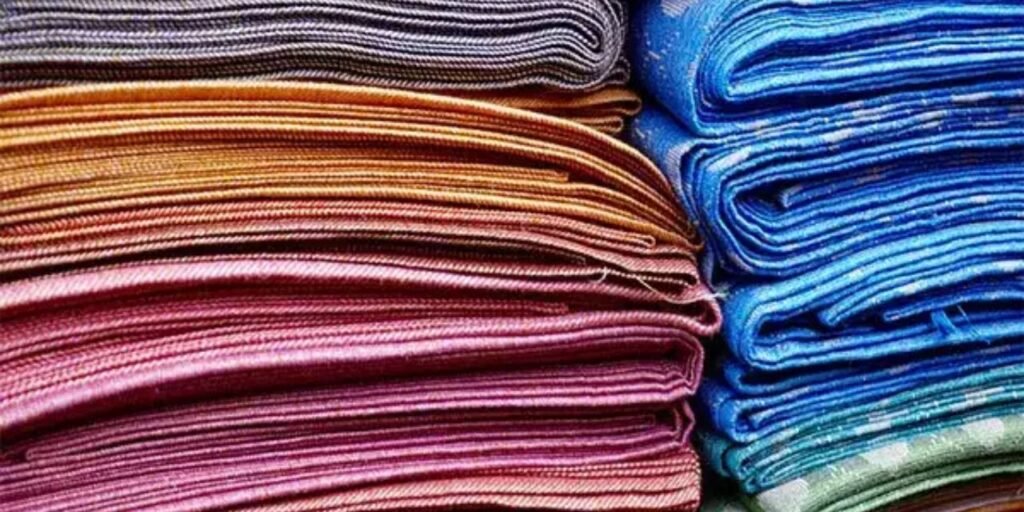
Government Strengthens Textile Sector with PLI Scheme and Export Incentives
New Delhi: The Government of India has reinforced its commitment to boosting the textile sector through the nationwide implementation of the Production Linked Incentive (PLI) Scheme for Textiles. In a written reply to the Rajya Sabha, Minister of State for Textiles, Pabitra Margherita, stated that the PLI Scheme is aimed at promoting the production of MMF (Man-Made Fibre) apparel, MMF fabrics, and technical textile products. The initiative is designed to help Indian manufacturers achieve scale and enhance global competitiveness.
As per the Ministry of Textiles, approximately 22% of the 2025-26 budget estimate is allocated for the PLI Scheme. Out of 74 applicants approved under the scheme, 24 are Micro, Small, and Medium Enterprises (MSMEs). The scheme is projected to generate a turnover of ₹2,16,760 crore, including export contributions, over the scheme period.
Export Incentive Schemes to Boost Global Competitiveness
The Minister further highlighted the government’s continued implementation of the Rebate of State and Central Taxes and Levies (RoSCTL) Scheme. This scheme, applicable to Apparel/Garments and Made-ups, follows the principle of zero-rated exports to enhance the competitiveness of Indian exporters.
For textile products not covered under RoSCTL, the government offers benefits under the Remission of Duties and Taxes on Exported Products (RoDTEP) Scheme, which also extends to other sectors.
Market Access and Budget Allocation
To support export activities, the government provides financial assistance to various Export Promotion Councils and Trade Bodies under the Market Access Initiative (MAI) Scheme. This scheme, administered by the Department of Commerce, facilitates Indian participation in trade fairs, exhibitions, and buyer-seller meets at both national and international platforms.
For the fiscal year 2025–26, the Ministry of Textiles has received a budget allocation of ₹5,272 crore, representing a 19% increase over the previous year’s estimate of ₹4,417.03 crore.
